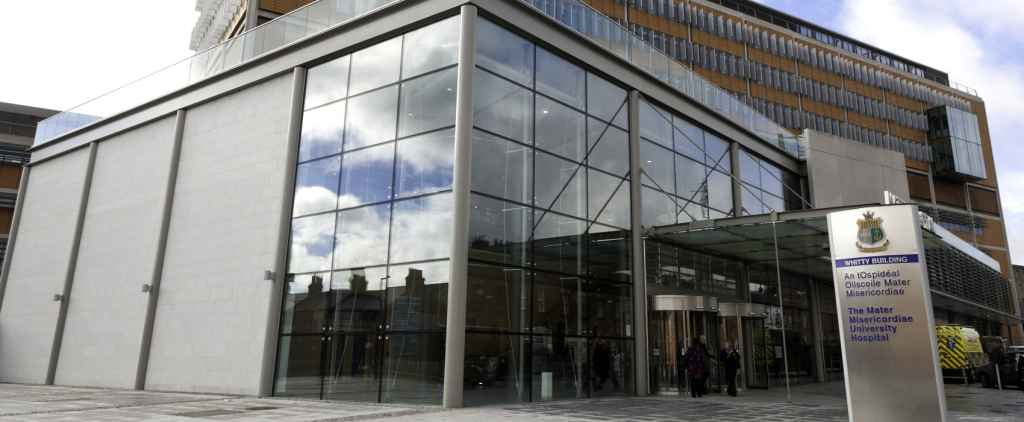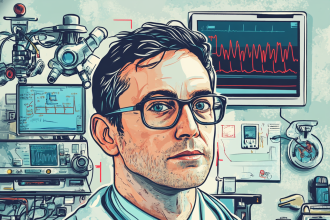As first reported by Silicon Republic, the Mater Misericordiae University Hospital in Dublin has launched the Centre for AI and Digital Health to advance AI applications in patient care. Located within the Pillar Centre for Transformative Healthcare, this new initiative will oversee AI adoption across hospital departments and coordinate collaborative research efforts. The hospital has already experienced AI-driven improvements, such as reduced emergency department wait times and optimised internal workflows.

Source: mater.ie.
The cardiology department is particularly focused on rolling out an AI-powered tool capable of significantly accelerating heart attack diagnosis. Consultant cardiologist Prof Joe Galvin explained that while traditional ECG tests only detect certain types of heart attacks in about 40–50% of cases, the new AI system could identify artery blockages in approximately 90% of patients. This could potentially double the number of patients receiving timely, lifesaving intervention within the critical 90-minute window.
Integrating AI into radiology and cardiology
The hospital’s radiology department has also seen success with AI since 2023, using it to identify conditions like strokes and fractures with over 90% accuracy. Building on this momentum, the cardiology team sees great promise in AI’s ability to interpret complex diagnostics, such as ECGs and cardiac ultrasounds, to detect abnormalities beyond human capability. Galvin stressed, however, that these tools are intended to support—not replace—clinicians, ensuring that final decisions remain with human experts.
The cardiology team is also exploring AI applications for identifying causes of sudden arrhythmic death syndrome (SADS), potentially offering earlier interventions for at-risk families. These initiatives underscore the hospital’s broader ambition to integrate cutting-edge technologies for improved patient outcomes.
Embedded research and ethics-driven deployment
Senior AI research fellow Paul Banahan, the first of his kind in a clinical setting in Ireland, highlighted the benefits of conducting AI research within the hospital environment. His ongoing work includes a generative AI tool that turns CT images into synthetic MRIs for spinal care and a PhD project on AI for forecasting stroke progression. Banahan emphasised that such research thrives within multidisciplinary hospital teams, enabling levels of collaboration and clinical insight that academic institutions alone often cannot achieve.
Ethical oversight remains a core priority. Banahan pointed out that every project undergoes a rigorous review by the hospital’s research ethics committee, ensuring transparency, data privacy, and compliance with GDPR. Mater Hospital CEO Josephine Ryan Leacy affirmed the centre’s commitment to responsible AI deployment, placing patient safety and clinical value at the heart of its strategy.
The Mater Hospital’s investment in AI signifies a pivotal shift in how advanced technologies can be embedded into frontline care. From reducing emergency wait times to potentially saving lives through faster heart attack diagnosis, the Centre for AI and Digital Health marks a significant leap forward in combining technological innovation with human expertise—laying the groundwork for a smarter, safer future in healthcare.





